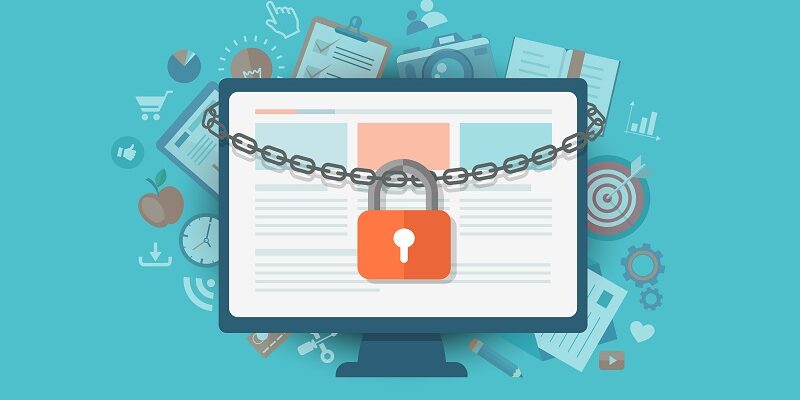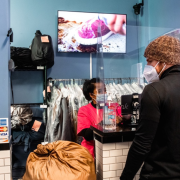Before delving into the solutions Privatenote offers, it’s important to understand the specific risks children face online. Children often lack the digital literacy and critical thinking skills to recognize potential threats and make informed decisions about their online activities. Here are some key risks to children’s online privacy:
Personal information disclosure– Children may unknowingly share sensitive personal information, such as their full name, address, phone number, or school name, on public forums, social media, or with strangers online. Malicious actors can misuse this information for stalking, identity theft, or other harmful purposes.
Online tracking and behavioral advertising- Many websites and apps track users’ online activities to create detailed profiles for targeted advertising. Children are often targeted with ads that exploit their vulnerabilities, such as promoting unhealthy food, inappropriate content, or in-app purchases.
Inappropriate content and cyberbullying– Children can easily access inappropriate or harmful content online, including violent or explicit material. They may also become victims of cyberbullying, which can have severe psychological impacts on their well-being.
Privatenote for children’s online privacy protection
Privatenote offers a comprehensive suite of features to address the unique challenges of protecting children’s online privacy.
- Secure and Private Messaging
- Privatenote is its secure and private messaging service. Children can use Privatenote to send encrypted messages to friends, family, and trusted contacts.
- Privatenote uses advanced end-to-end encryption protocols to ensure that only the intended recipient can read the messages. Even if data is intercepted during transmission, it is scrambled and unreadable without the correct decryption keys.
- To prevent messages from being accessed by unauthorized individuals or leaving a digital footprint, Privatenote offers self-destructing messages. Parents can set a timer for messages to disappear after a certain period, reducing the risk of sensitive information falling into the wrong hands.
- Parental controls and monitoring
Privatenote recognizes parents’ important role in guiding and protecting their children’s online activities.
-
- Contact approval– Parents can approve or deny contact requests sent to their children’s Privatenote accounts, ensuring they only communicate with trusted individuals.
- Activity reports– Parents can receive periodic activity reports that provide insights into their children’s Privatenote usage, including message frequency, contacts, and suspicious activity.
- Content filtering– Privatenote allows parents to set content filters to block inappropriate language, images, or links, ensuring a safer messaging environment for their children
- Remote access– In case of emergency or concern, parents can remotely check my blog. access their children’s Privatenote accounts to intervene and address potential risks.
- Digital literacy and education
Privatenote goes beyond just providing a secure messaging platform. It also offers educational resources to empower children with the knowledge and skills they need to navigate the digital world safely:
- Privatenote offers interactive tutorials and quizzes to teach children about online privacy, security, and digital citizenship. These engaging modules help children understand the potential risks and how to protect themselves and their personal information.
- Privatenote provides discussion guides and resources to facilitate open conversations about online privacy, cyberbullying, and digital footprints between parents and children. These guides help parents initiate meaningful dialogues and empower their children to make smarter choices online.
- Privatenote sends periodic safety tips and alerts to parents and children, highlighting emerging online threats, new privacy settings, or security best practices.






Comments